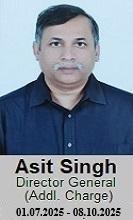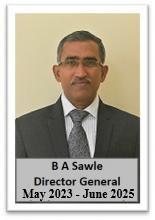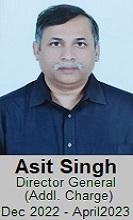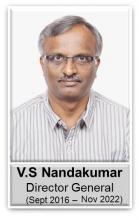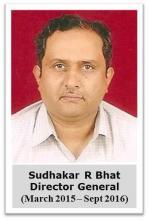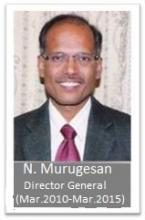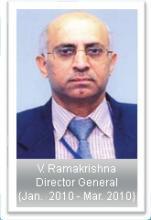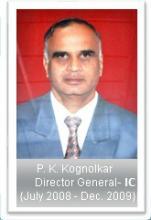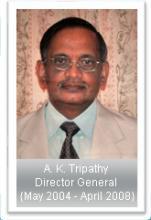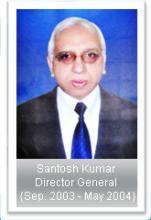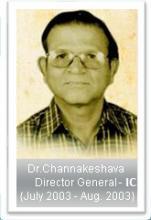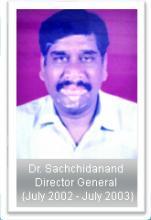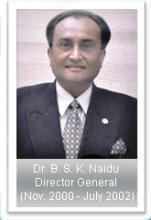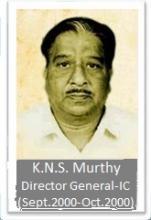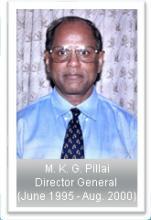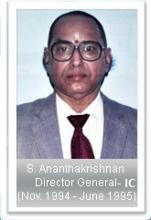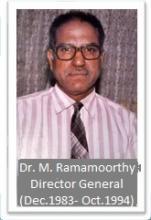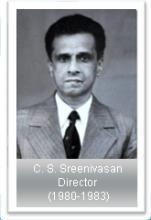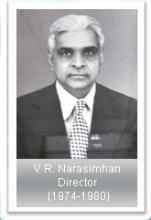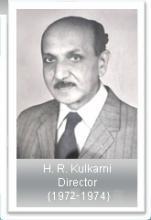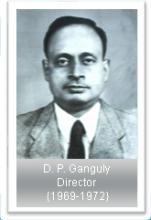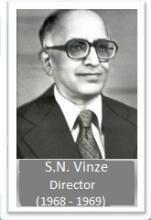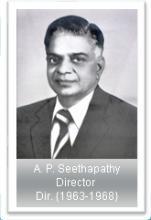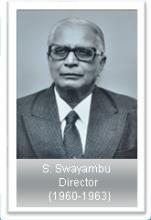Today as the accumulation of information grows exponentially and the pace of change quickens, history becomes even more important. That is because it is so easy to forget the precedents that lead us to where we are today amidst the explosion of data.
The Central Power Research Institute was established on the recommendations of the "Planning Committee for Power Engineering Research" headed by Prof. M. S. Thacker, the then Director of the Council of Scientific and Industrial Research, which submitted its report in 1956. The committee stressed the need for taking up an effective programme of power research in the country. In the context of an expanding power supply industry and the growing quantum of manufacture of electrical equipment in the country, the committee recommended the setting up of a Power Research Institute at Bengaluru and a Switchgear Testing & Development Station at Bhopal under the charge of a Director. It envisaged the setting up of six divisions, namely High Voltage, Electrical Engineering, Hydraulic Engineering, Mechanical Engineering, Switchgear Testing and Administrative divisions.
Bengaluru was selected for the location of the institute in view of the availability of the laboratories of Indian Institute of Science. Similarly, the Switchgear Testing and Development Station was located at Bhopal as the Bharat Heavy Electricals' plant (erstwhile Heavy Electricals India Ltd.) was located there. The cost of both the projects was estimated at Rs. 4.20 crores.
Subsequently, a nucleus organization was set up under Shri S. Swayambu, Director, Central Water & Power Commission (CPWC) to work out the details of the project. In view of the observations of the Planning Commission, it was decided to set up a "POWER RESEARCH INSTITUTE" in three stages as under:
First Stage-Formulation of a scheme for providing the necessary additional facilities for research at the Power Engineering Department of the Indian Institute of Science, Bengaluru, with a view to initiating a programme of research of urgent problems. Preparation of a scheme for the establishment of a Switchgear Testing Laboratory at Bhopal so as to bring into commission in the early part of the third Five Year Plan.
Second Stage-Drawing up of plans for Power Research on a long term basis at Bengaluru with separate laboratories with necessary equipment and other facilities.




